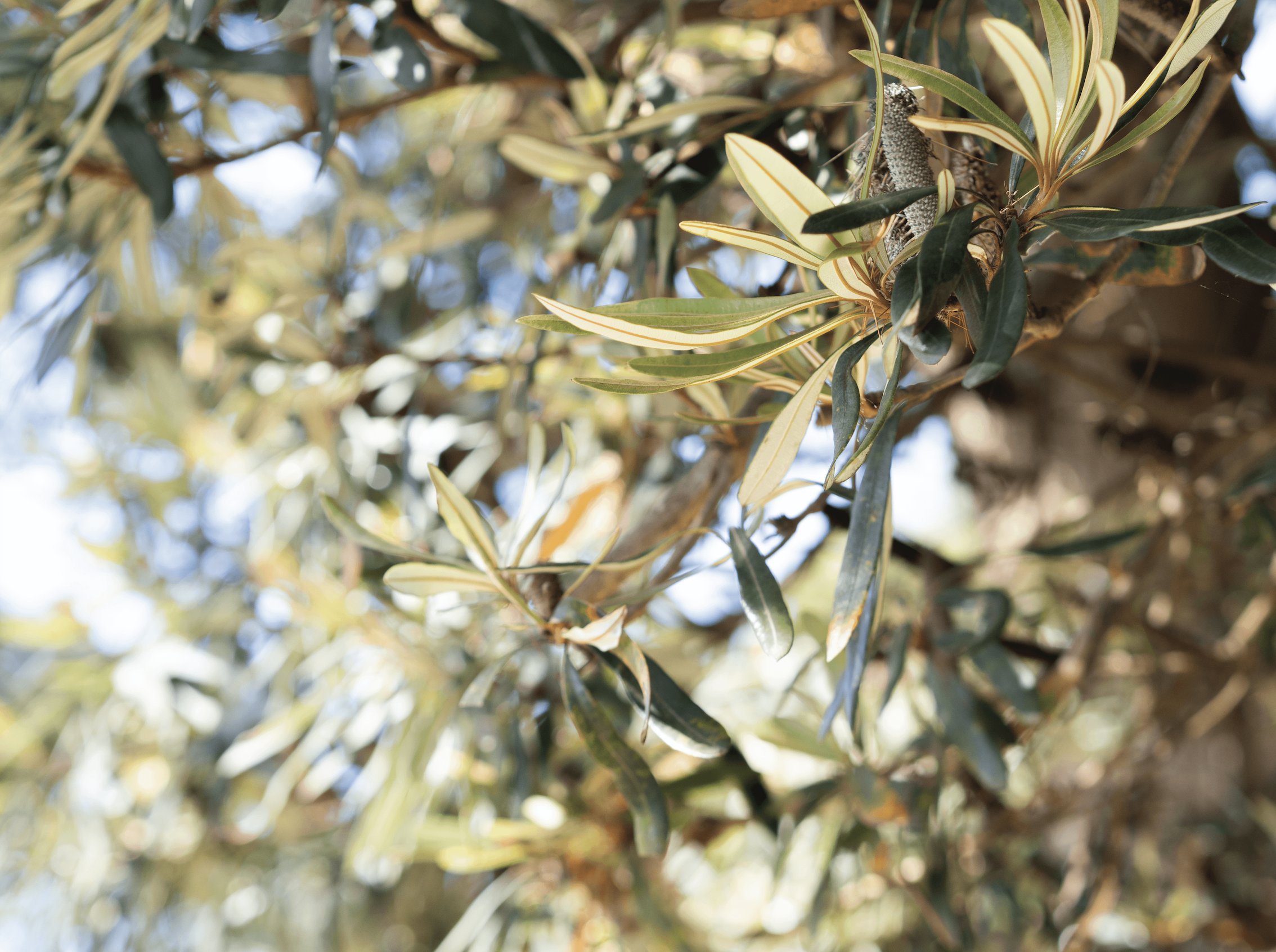
Not all Smooth Sailing
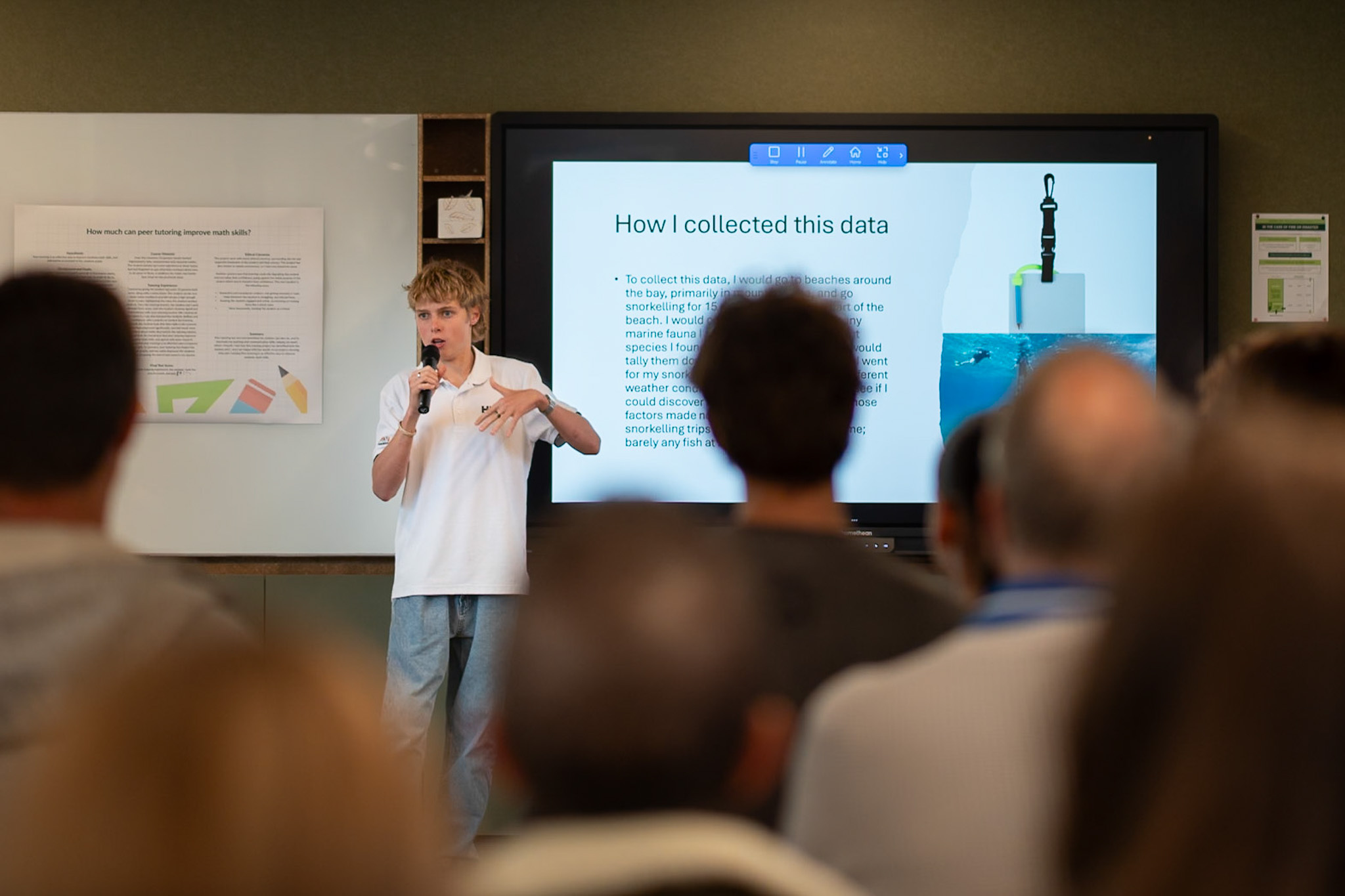
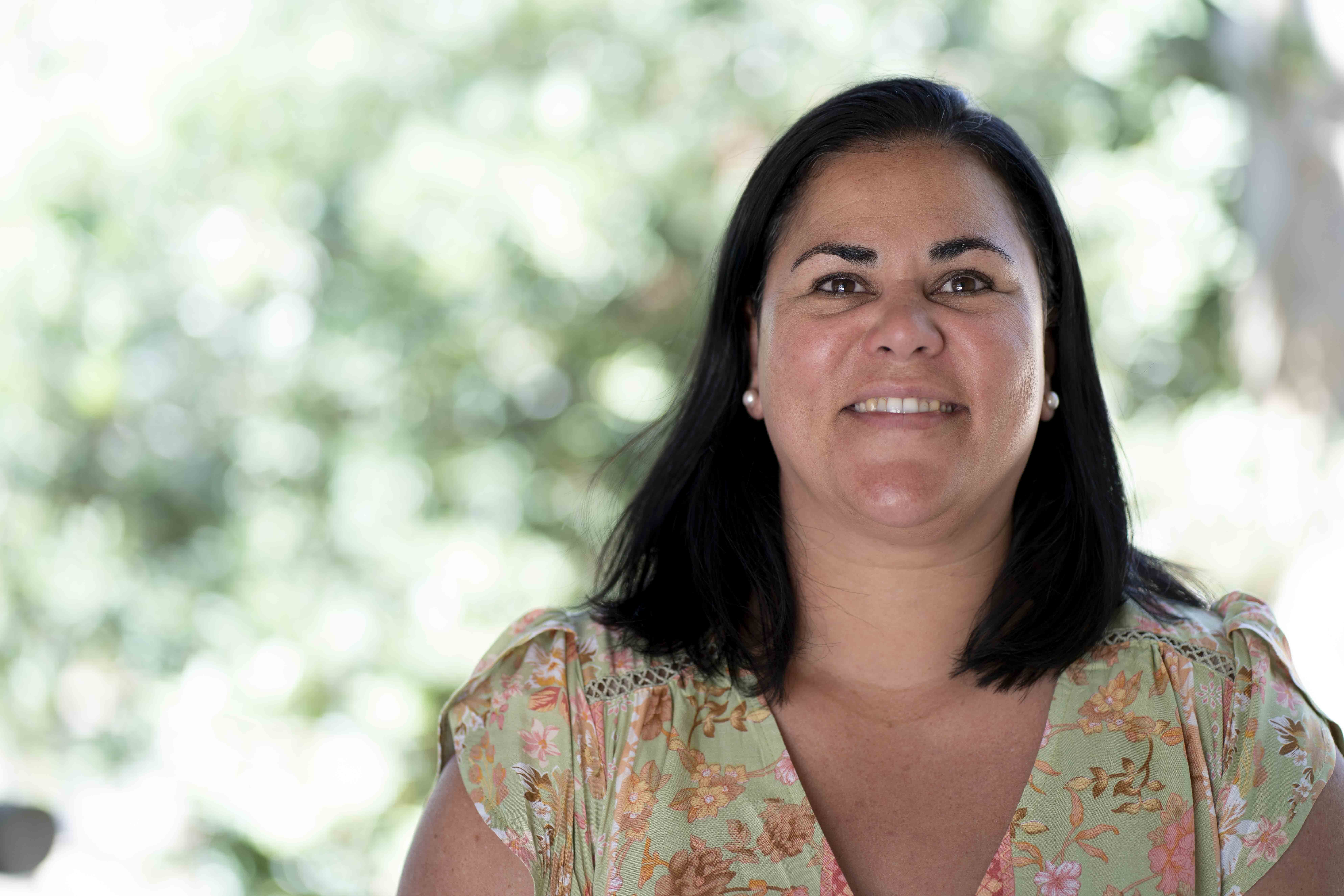
Share this article
From social disconnection and rapid technological change to climate crisis and overconsumption, our young people are feeling the weight of global challenges, daily. It’s no surprise that anxiety about their future is rising. As educators, this reality compels us to ask: how do we help students move from worry to a place of hope, agency and purpose?
At Woodleigh, the Futures Project is one way.
The Futures Project marks the culmination of our Year 10 Regenerative Futures Program (RFP). In this final phase, students are mentored to imagine, design, test and activate regenerative responses to real-world challenges. Regenerative responses are solutions that focus on renewal and restoration - generating more than we take - for people, communities and our planet. Rather than observing from the sidelines, students step directly into combining challenges they are curious about with their values and skills to create a hopeful future for themselves.
This kind of project shows that meaningful action can begin close to home and is within reach for everyday people. Taking part in interest-based scientific research by collecting data, making observations and contributing to solutions driven by curiosity and care is known as citizen science. It can have a powerful impact on all of us.
Alby, in Year 10, with his friend, demonstrated this very kind of response, born of a shared love of fishing and the ocean. The two came across large amounts of debris during dives along the Mornington Peninsula, and, as part of Alby's Futures Project regenerative response, began collecting and cataloguing the fishing waste. So, what began as a fun and economical way to acquire fishing gear quickly grew into a data-driven study of human behaviour and a local waste-recovery mission. Alby and his friend analysed patterns of discarded fishing debris, identified high-impact sites and developed strategies for targeted recovery. Eventually, their idea evolved into a regenerative micro-business, reconditioning and on-selling recovered equipment. Their work, which combined curiosity and care with environmental action and entrepreneurship, shows how, on any scale, personal passion can fuel meaningful change.
Another Year 10 student, Danni, chose to tackle textile waste and the continuous cycle of fast fashion. Through both quantitative and qualitative research, Danni explored the ways overconsumption drives environmental harm and found that education and behaviour change were key levers for change. Her regenerative response was to champion The Woodleigh Swap Shop, an initiative in which students design and operate a physical space on campus for second-hand clothing, textbooks, camping gear, and specialist equipment to be exchanged, repaired, or creatively upcycled. These projects and others show us how regeneration can take many forms, whether in enterprise, education, or artistic expression.
Of course, their journeys were not all smooth sailing. Student’s ideas zigged and zagged and at times, motivation waned. Did the data always align with the assumptions? No. Were their hypotheses always supported? No. Opinions were shared and disputed, more questions asked and answers pulled apart. All these moments of uncertainty and revision weren’t setbacks, they were the learning. They were the moments students had to try again and dig further. They had to push through, build resilience and show persistence, pulling together complex information from different sources, listening, adapting and holding multiple perspectives at once. These are the essential life skills that will ensure our kids can not only survive, but thrive, regardless of the changes they will be forced to navigate in their lives. And for those who ‘left it too late’ or ‘pivoted multiple times' only to run out of time to take action’, well, they learned that hard lesson about planning, perseverance and the value of reflection when ideas don’t quite land. That too is real-deal, real-world learning.
All these moments of uncertainty and revision weren’t setbacks, they were the learning.
It matters that young people can grapple with complexity, test their ideas against evidence and keep going when things don’t go as planned. It matters that they can navigate ambiguity with curiosity and courage. It matters that there is a remedy to the uncertainty. And it absolutely matters that we help students move from a place of worry to one of optimism and agency.
The Futures Project means Students learn that regeneration is not only about restoring ecosystems, it's about restoring hope, health and connection.
As our students move into VCE and beyond, they carry so much more than academic skill. They take with them a lived understanding that their ideas matter. The Futures Project reminds them (and us) that the future doesn't just happen to young people; it's something they have the power, creativity, and courage to shape and build into something more.
Keep reading
More articles from Woodleigh School
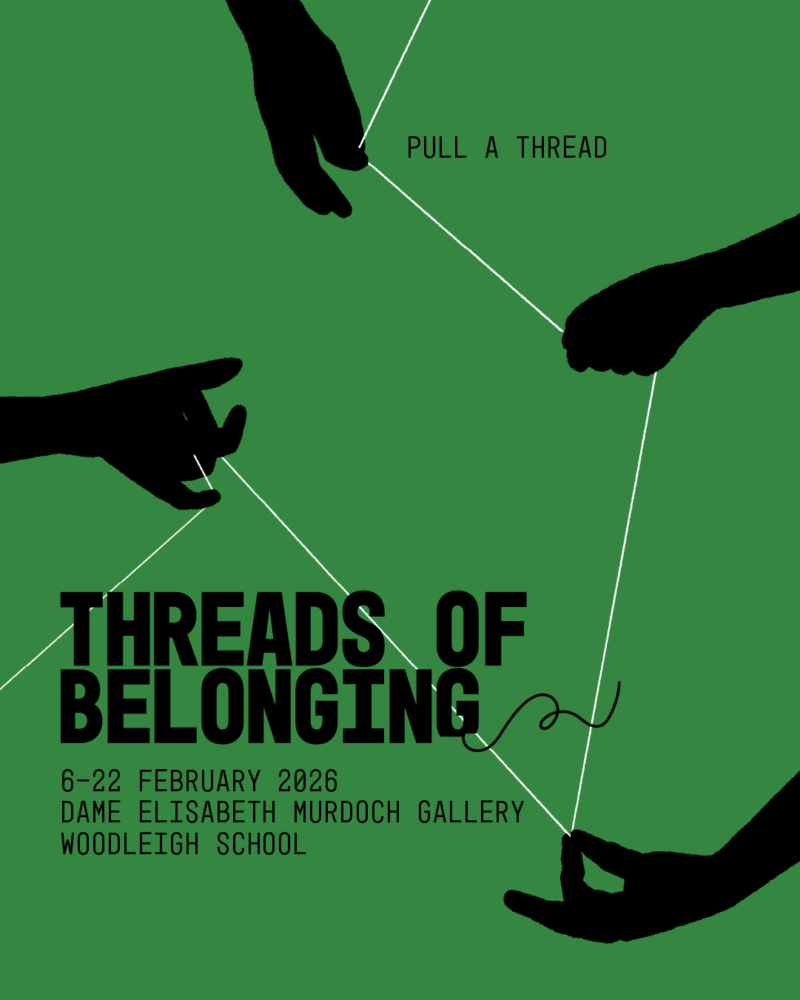

Communications Coordinator
An exhibition that brings artists and students together to push for change - and you’re invited.
Continue Reading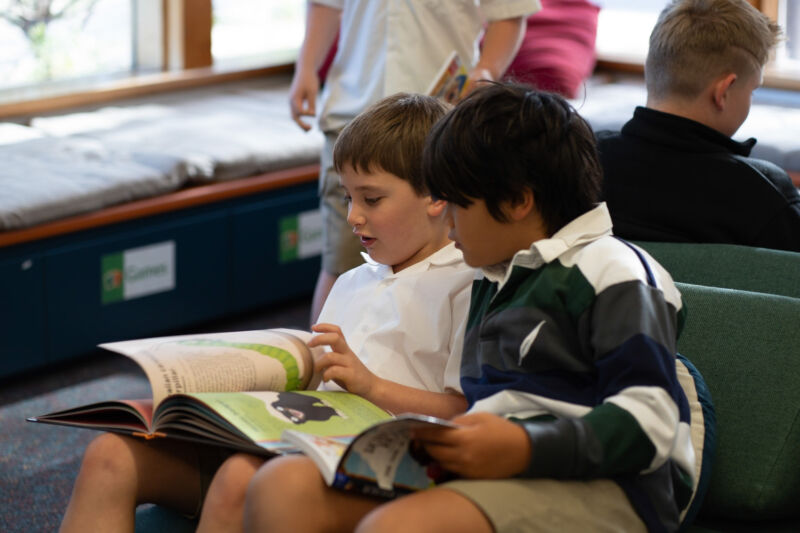

Lead Teacher, Minimbah Campus
All the talk is about how we teach our young people to read. But what about the love of reading? Why are we not working to have our kids fall, deeply and lastingly, in love with words.
Continue Reading

Digital Technologies Teacher
AI does not need to be just a threat; it can be a powerful tool, a challenge and a huge opportunity to evolve the ways students think, learn and create.
Continue Reading